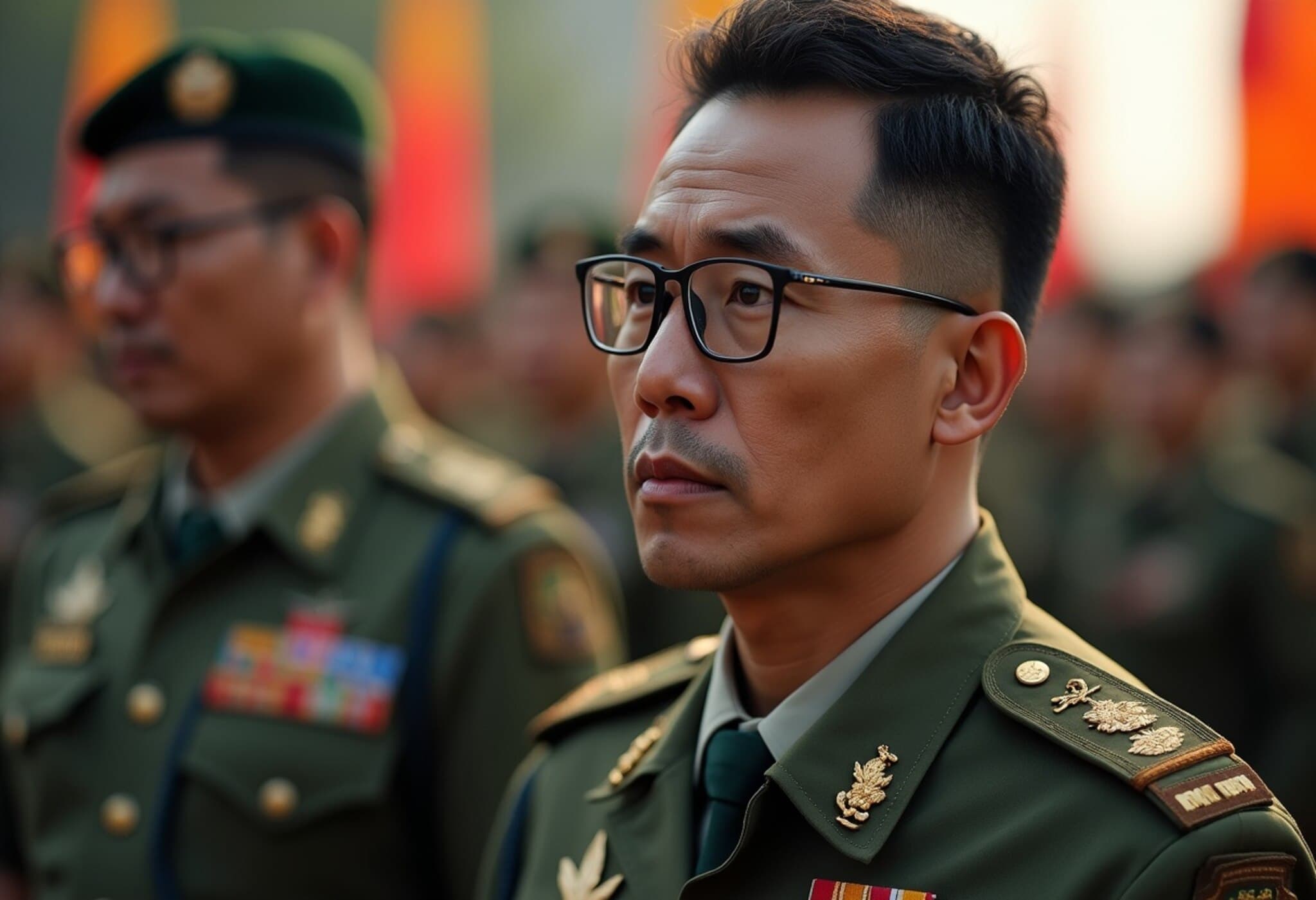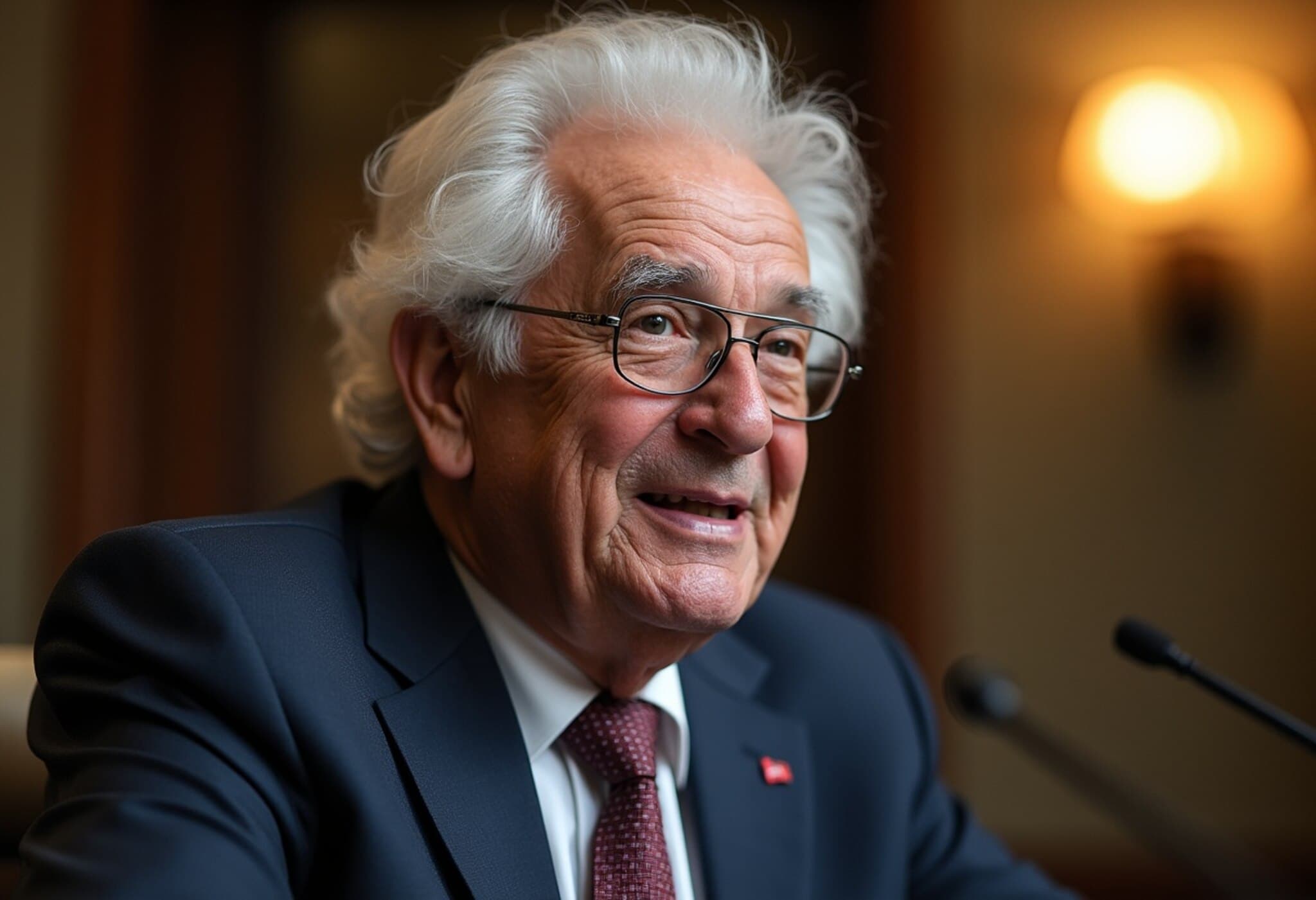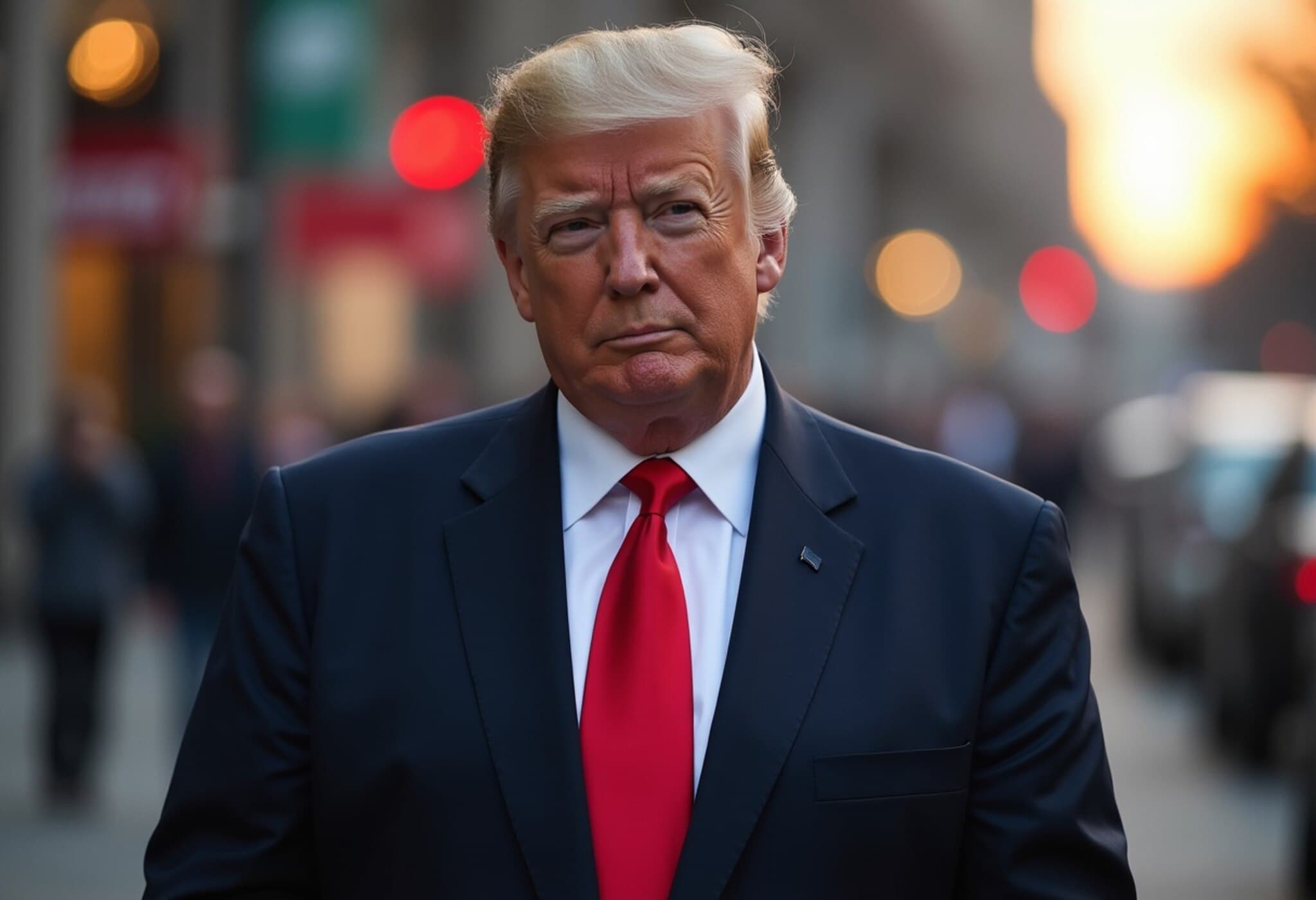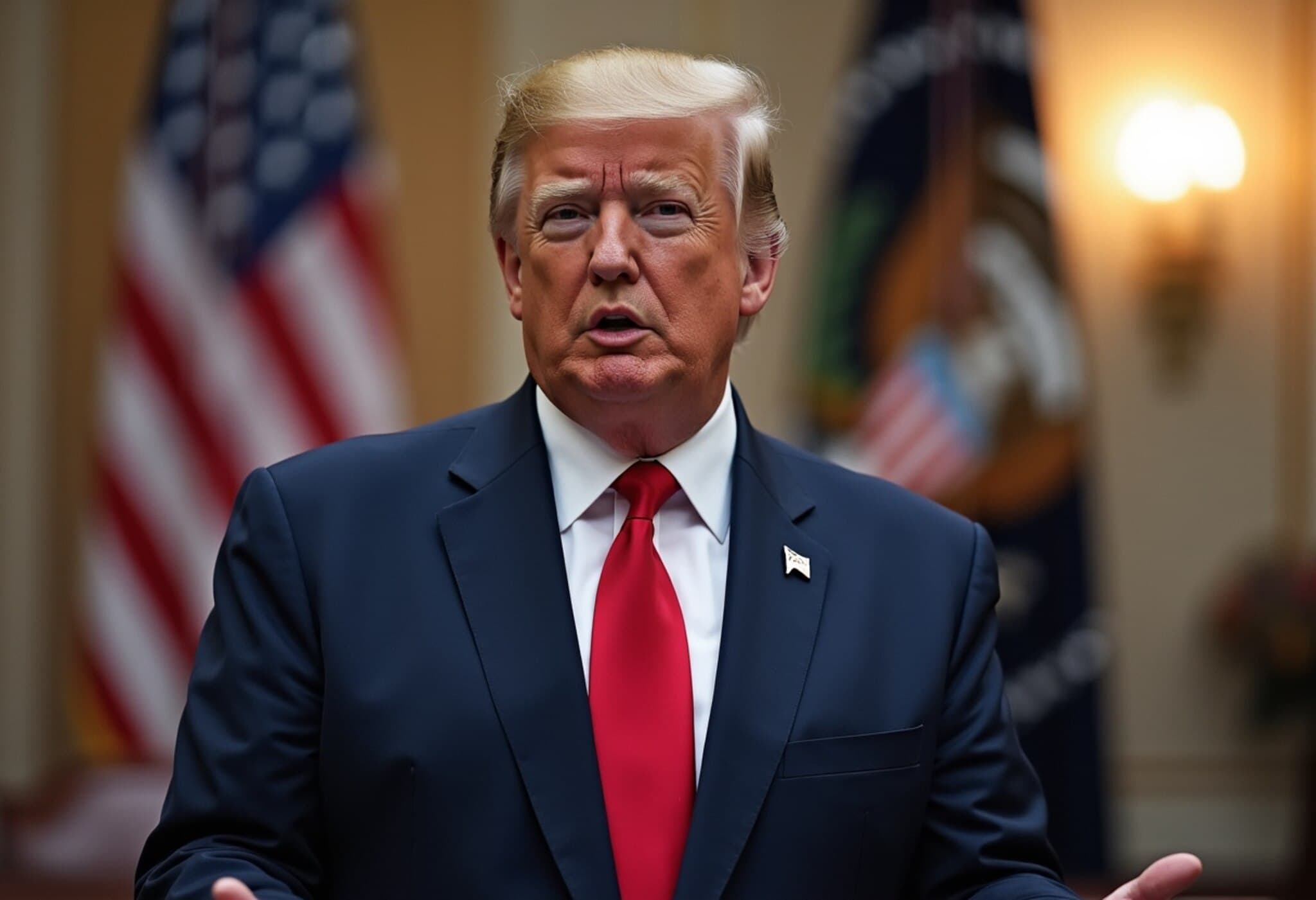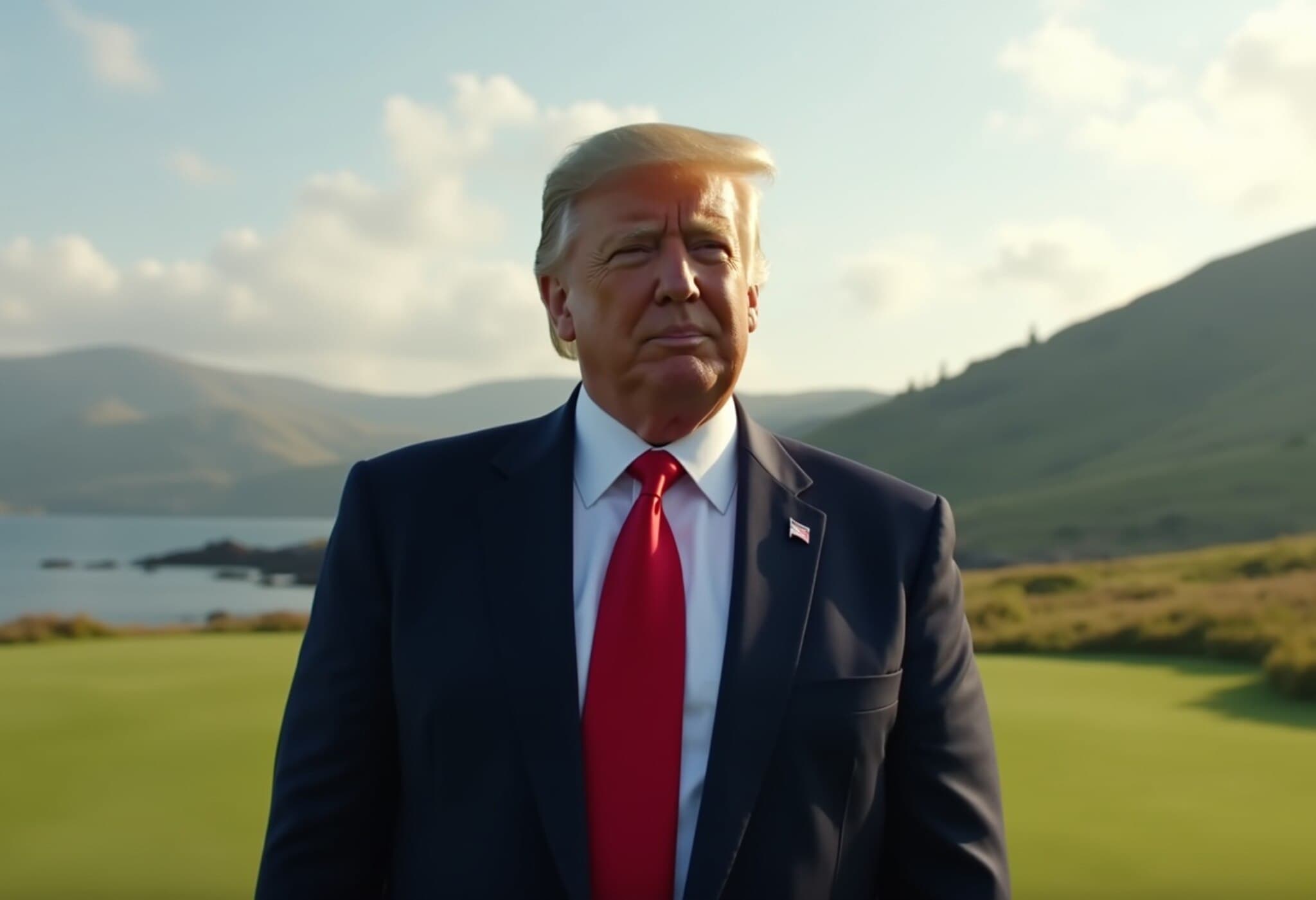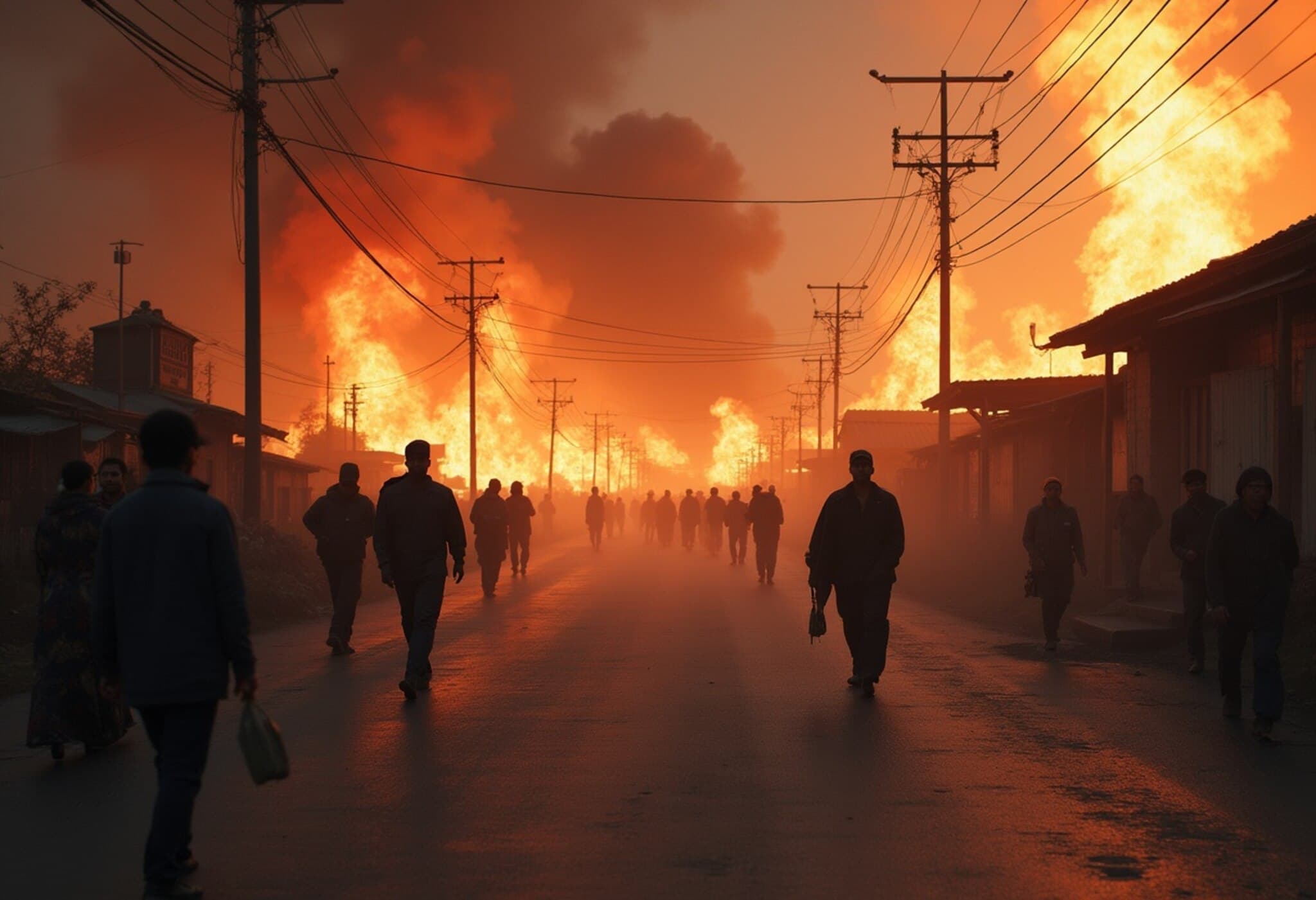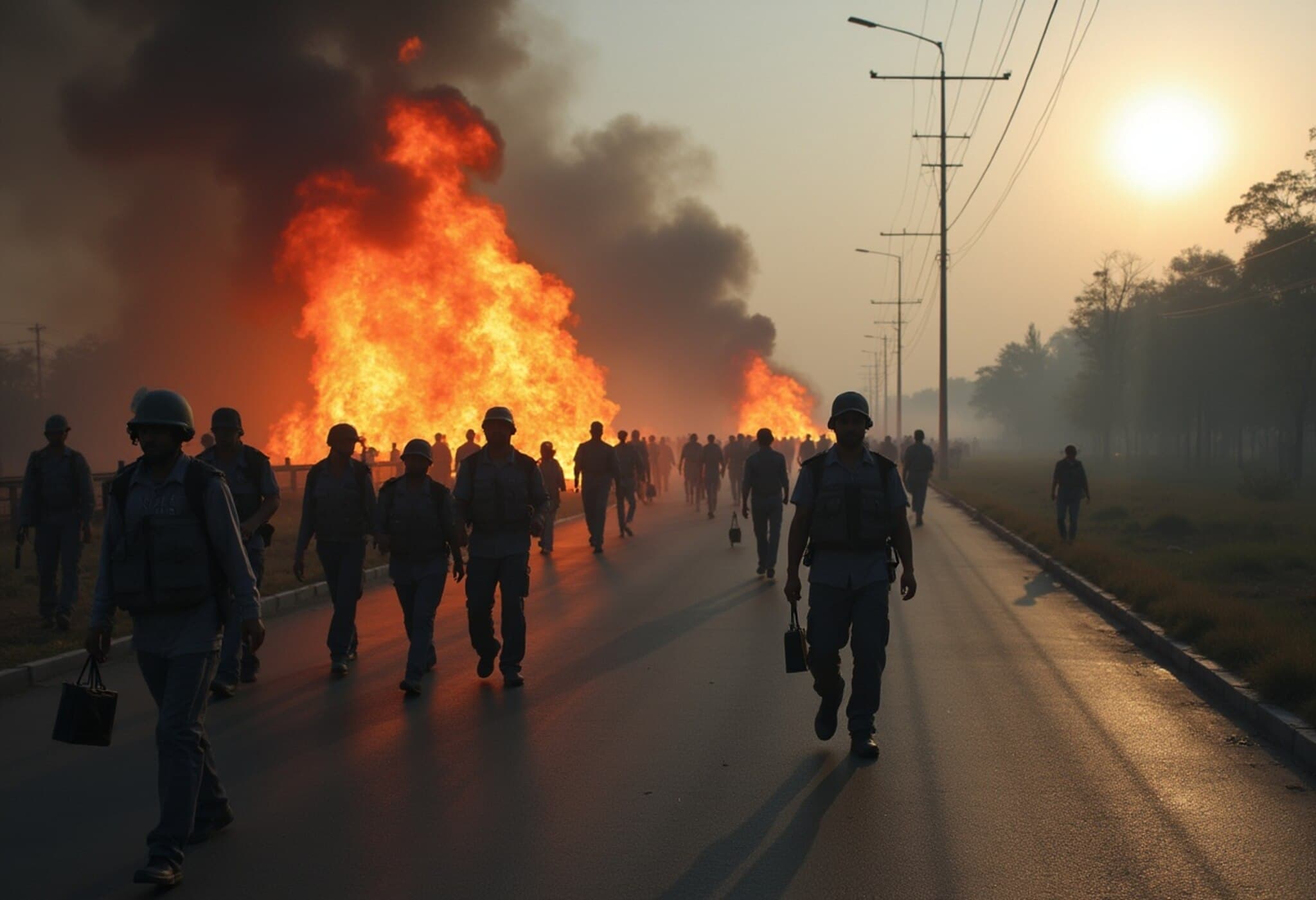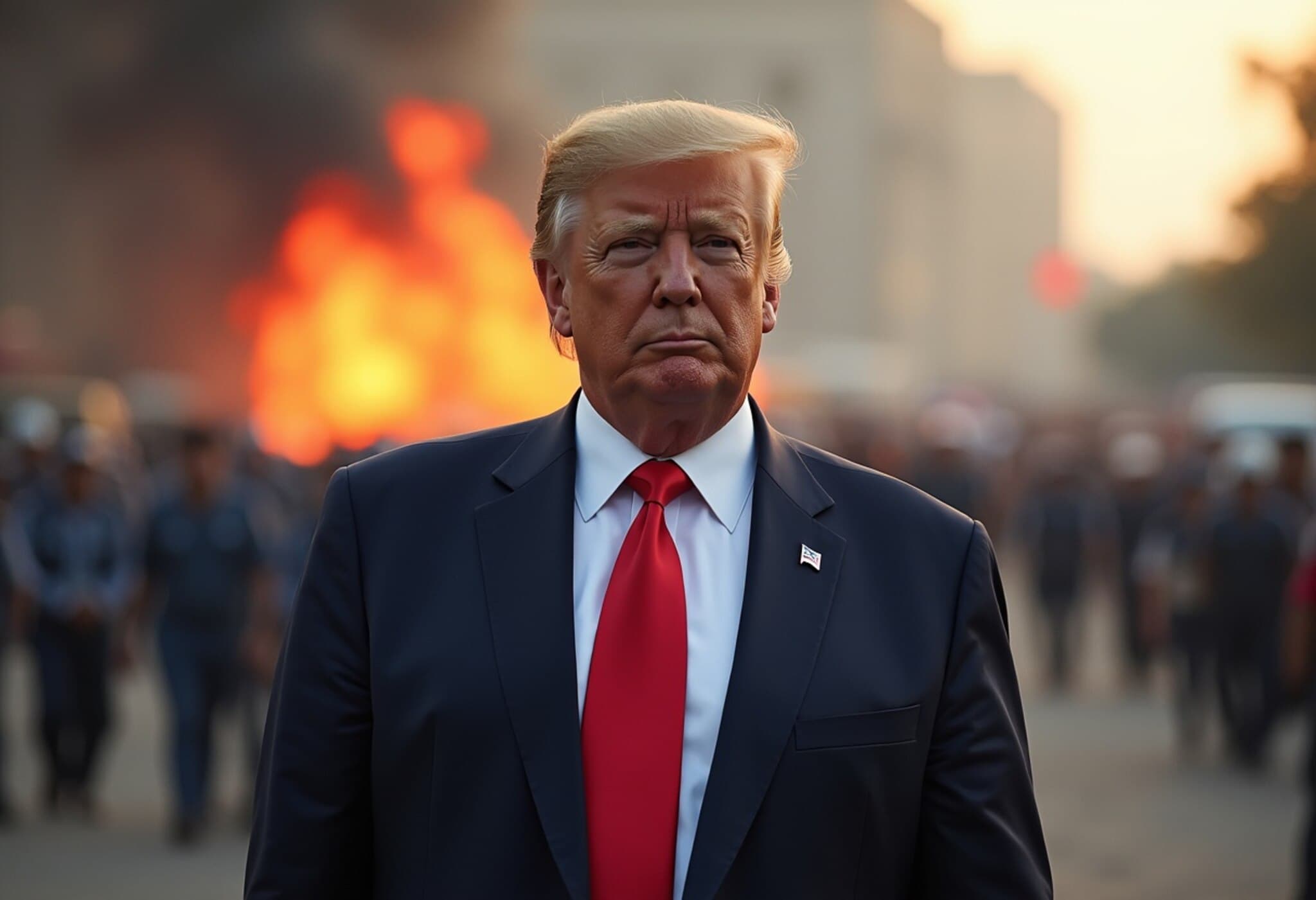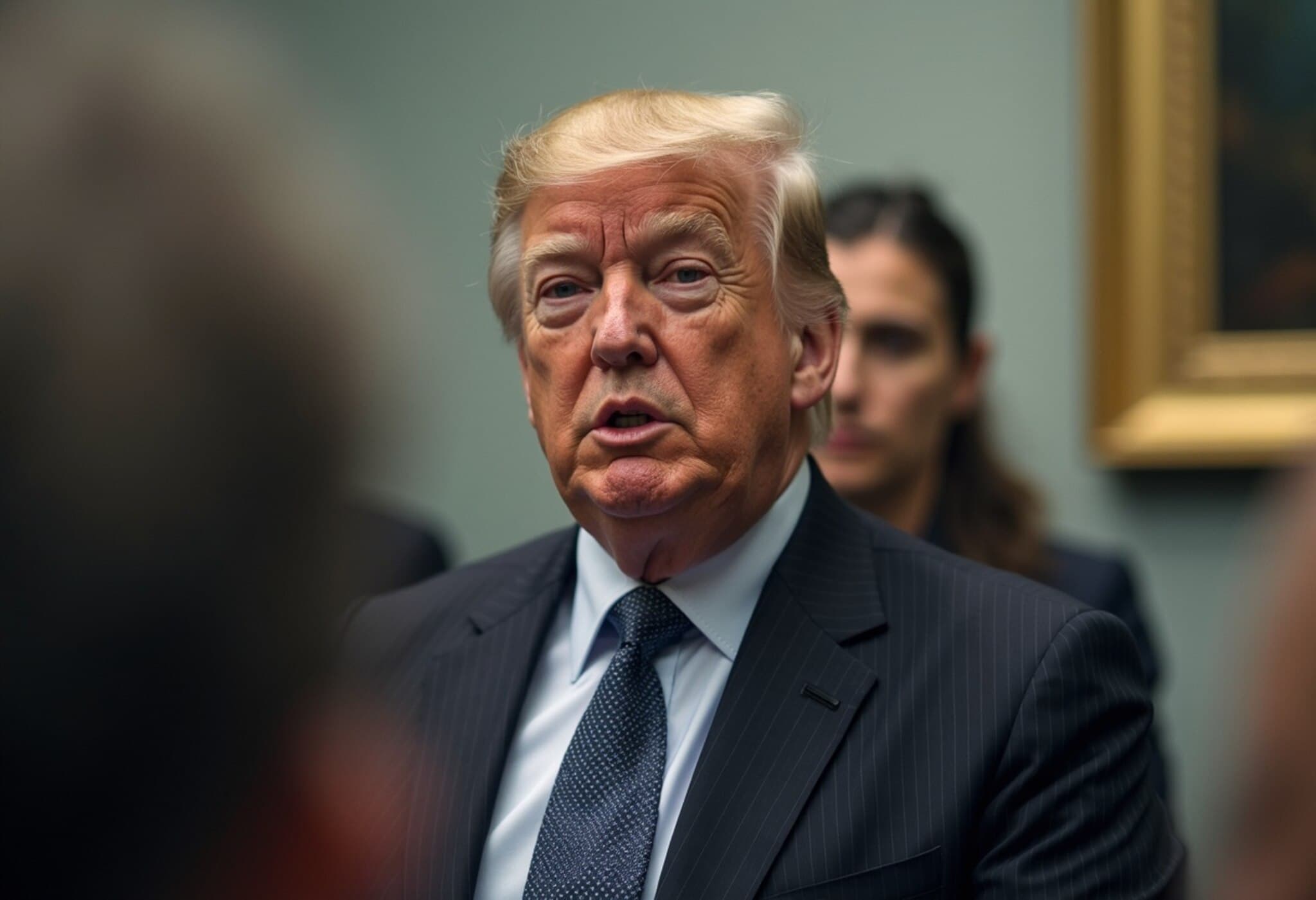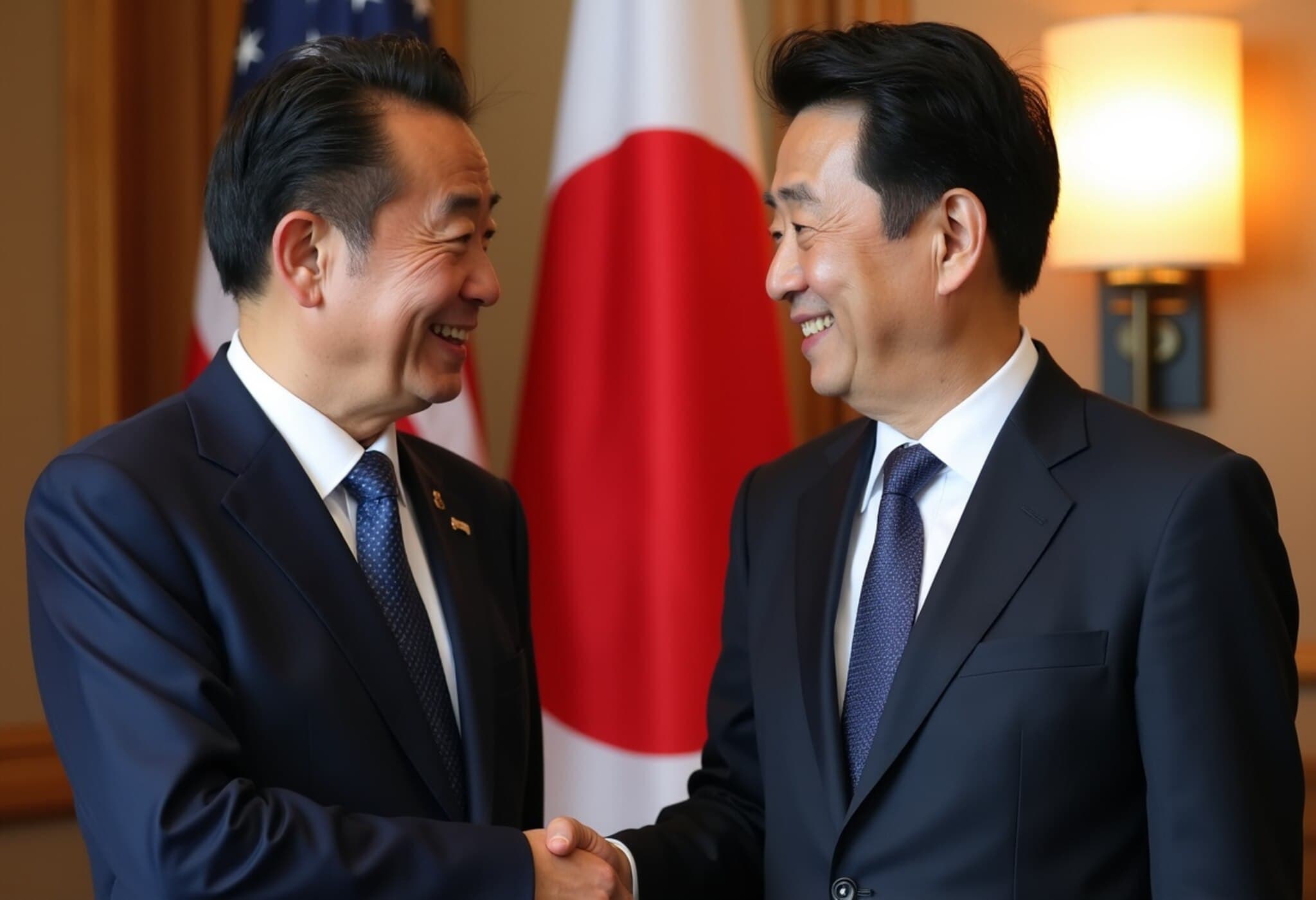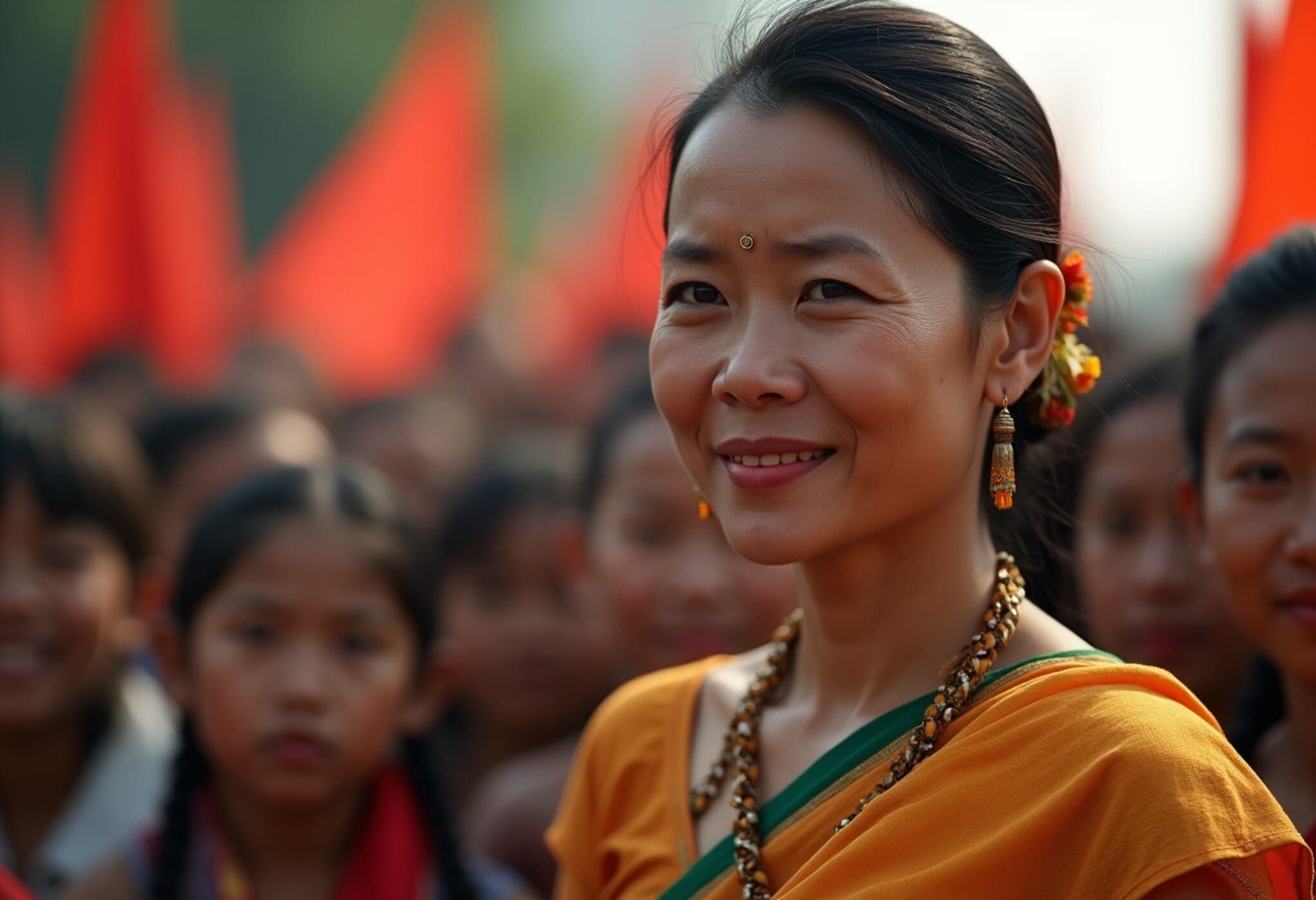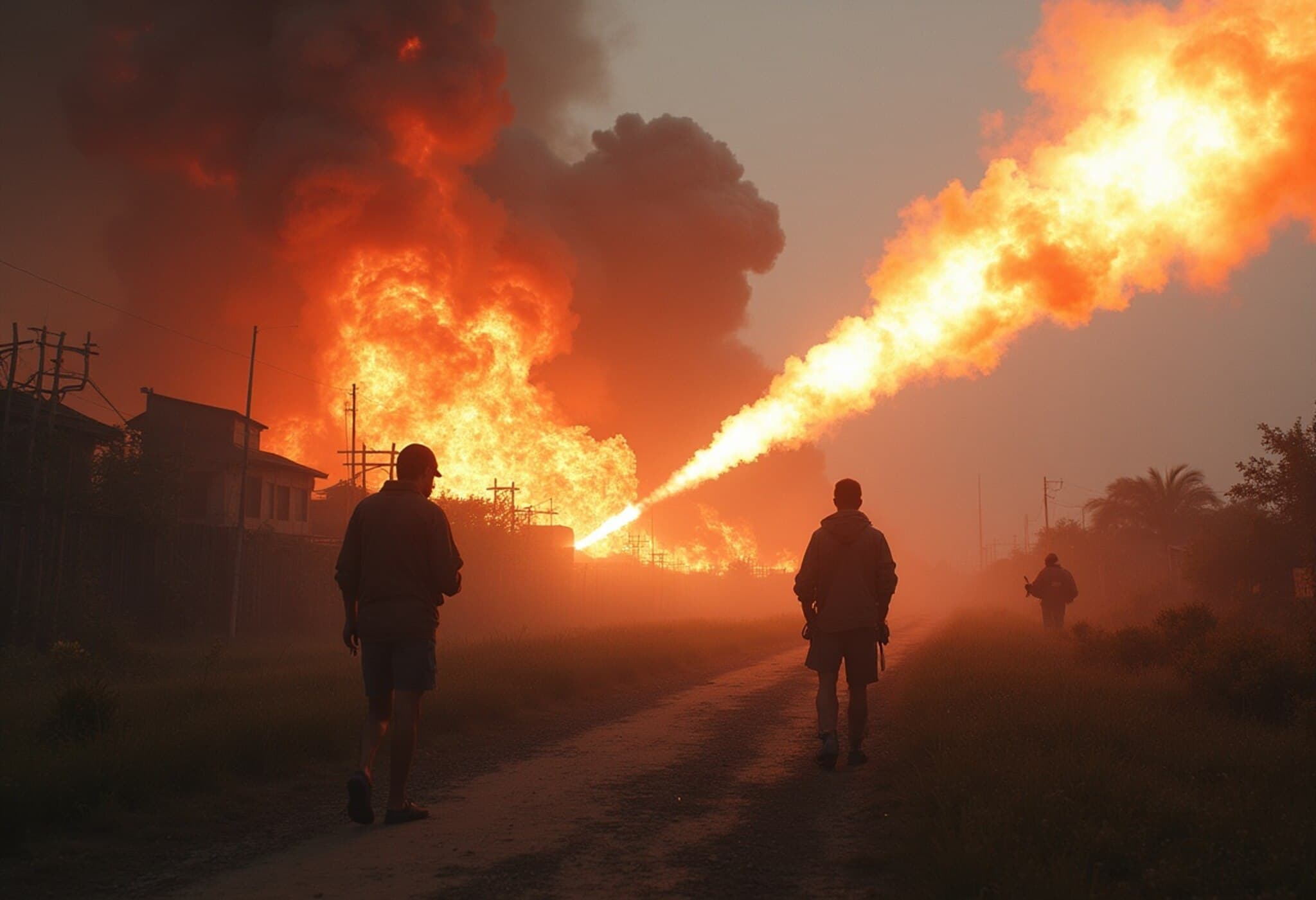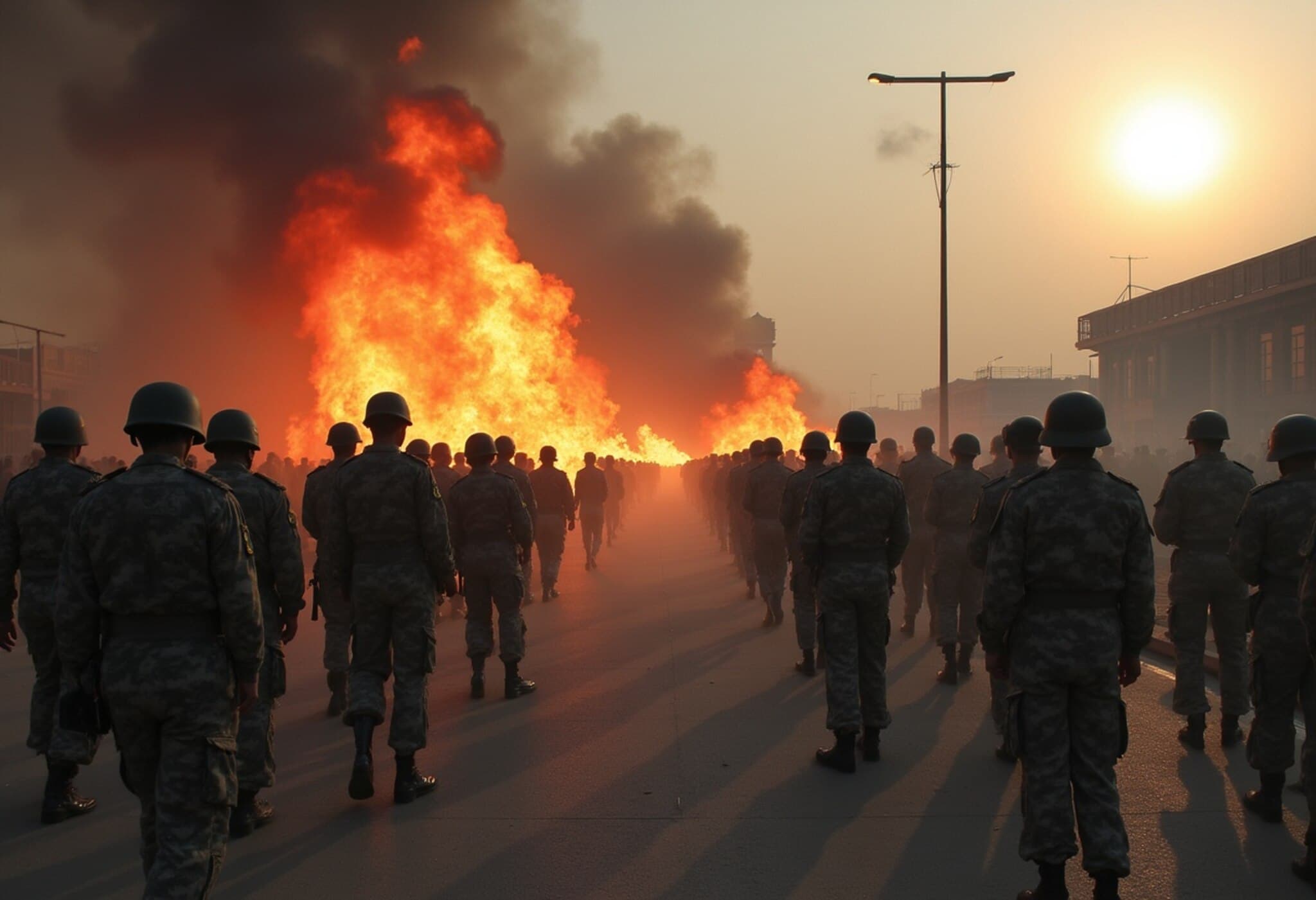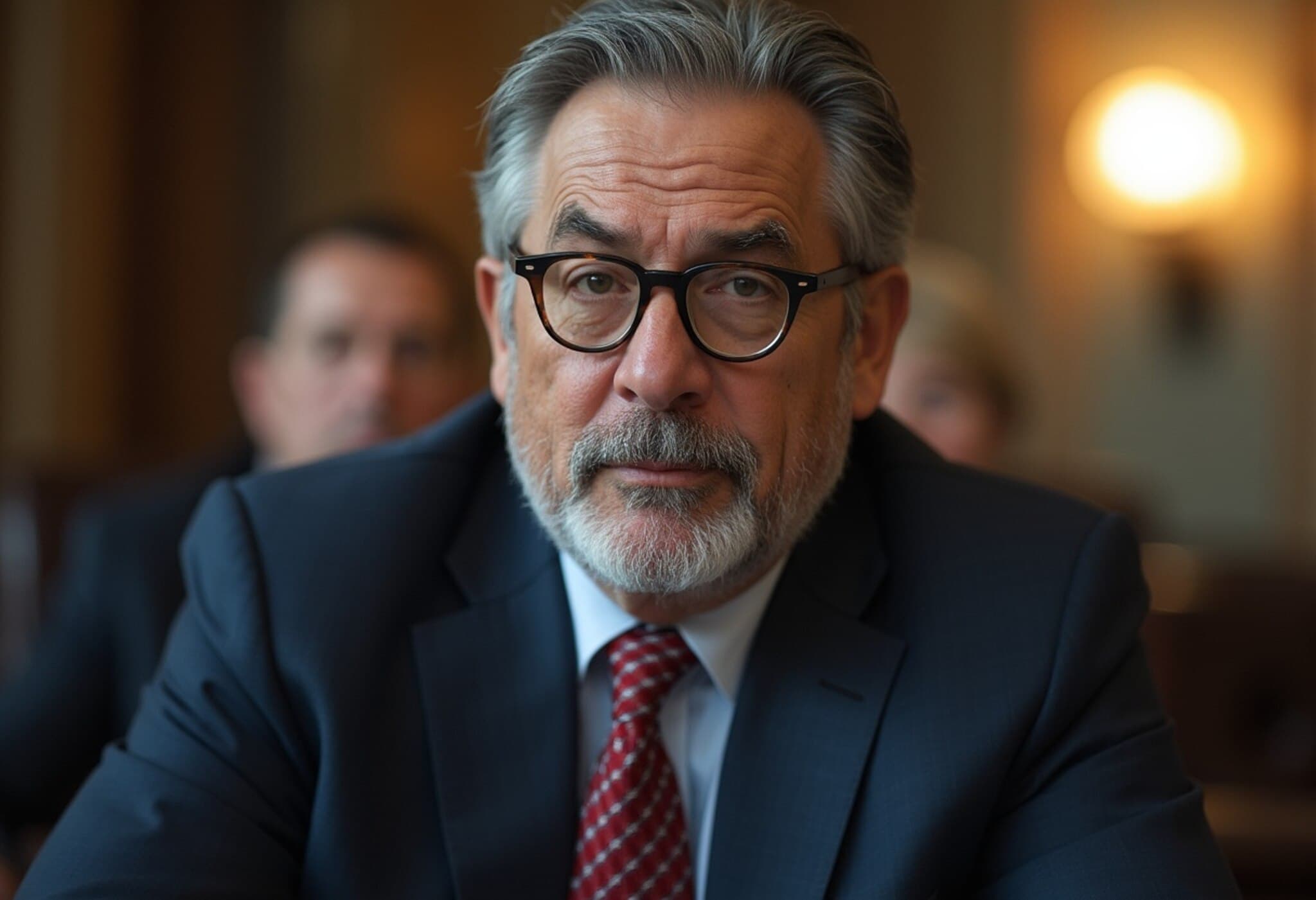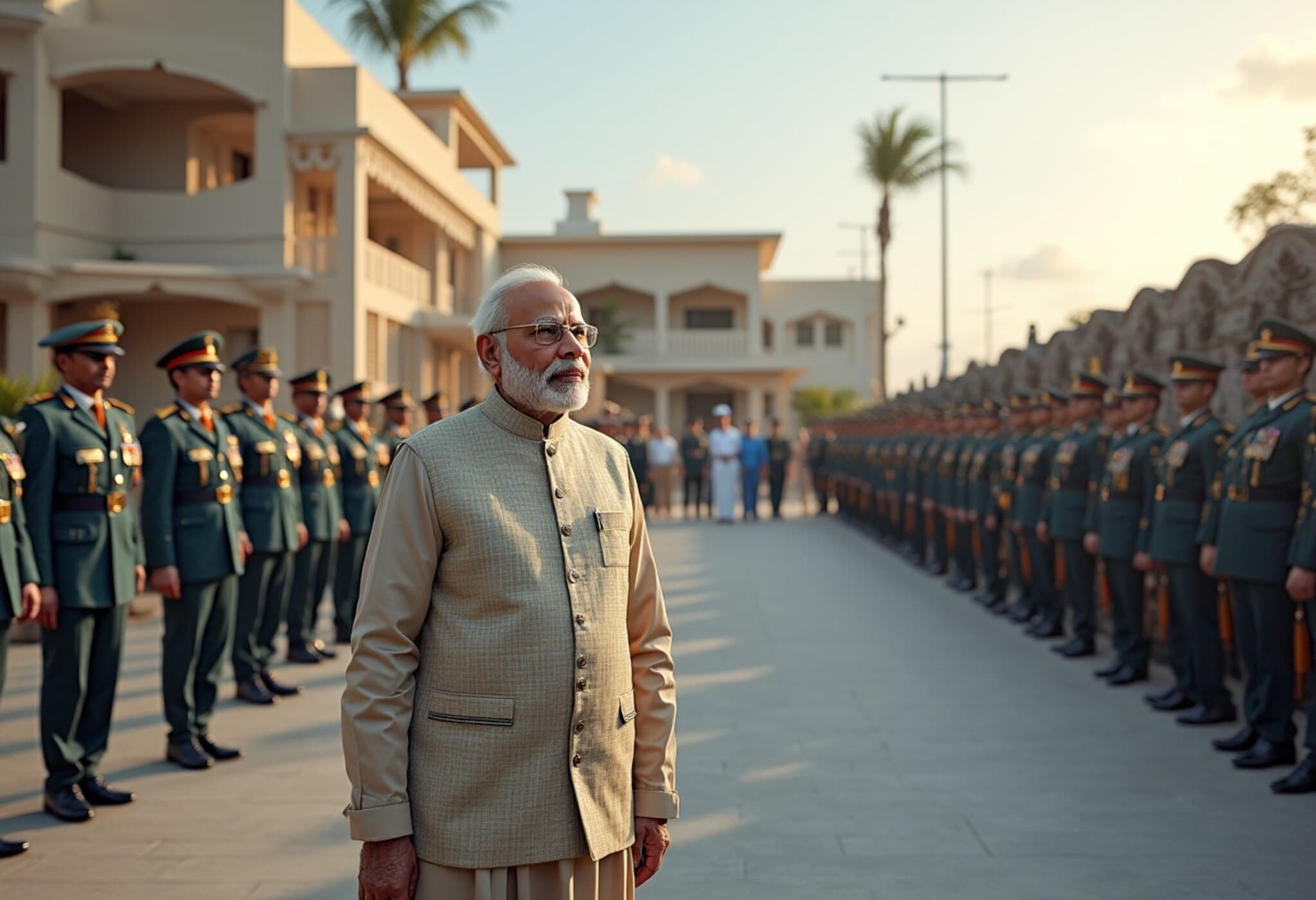US Relaxes Sanctions on Myanmar Military-Linked Firms After Praise from Junta Leader
In a move sparking debate and raising questions about the intersection of diplomacy and geopolitical strategy, the United States recently lifted sanctions on several Myanmar military-associated companies and individuals. This decision followed shortly after Myanmar’s junta chief, Senior General Min Aung Hlaing, sent a commendatory letter praising former US President Donald Trump’s leadership. The timing and implications of this development have drawn scrutiny from analysts and human rights advocates alike.
Background: Myanmar’s Military Rule and US Sanctions
Since the February 2021 military coup that abruptly ousted Myanmar’s elected government, the nation has been engulfed in violent conflict. The coup triggered a brutal crackdown on pro-democracy protests, resulting in thousands of deaths, widespread displacement—over 3.5 million people—and a deepening humanitarian crisis. The military regime’s actions prompted the US government to impose targeted sanctions on key figures and entities tied to the junta, aiming to choke off resources that fuel repression.
Among those sanctioned were KT Services and Logistics, the Myanmar Chemical and Machinery Company, and Suntac Technologies, firms linked to military operations and arms production. Their executives, including Jonathan Myo Kyaw Thaung, Aung Hlaing Oo, and Sit Taing Aung respectively, were also blacklisted for their roles in supporting the junta’s military apparatus.
Sanctions Lifted Following a Diplomatic Exchange
According to a US Treasury Department notice from July 2025, these sanctions have now been removed. This action aligned closely with what analysts describe as a diplomatic overture initiated by Min Aung Hlaing’s letter to former President Trump. Sent weeks earlier amidst escalating trade tensions, the letter expressed gratitude for Trump’s approach to international tariffs and commended his decisive leadership — notably even applauding his administration’s efforts in shuttering US-funded media outlets covering the Myanmar conflict.
Despite the suspicious timing, a US Treasury spokesperson dismissed conspiracy theories linking the sanction removals to political favoritism, emphasizing that adding or removing individuals from sanctions lists is part of routine administrative processes. However, the lack of a clear, detailed explanation has not quelled concerns among human rights groups and policy watchers.
Expert Analysis: What Does This Mean for US-Myanmar Relations?
Dr. Emily Chen, a Southeast Asia policy expert with the Center for Strategic and International Studies, underscores the complexity of this development. "Lifting sanctions on key junta-linked firms may appear to send mixed signals about US commitment to supporting democracy in Myanmar," she explains. "It raises important questions about whether economic pragmatism is overtaking human rights considerations in US foreign policy.”
Indeed, the Myanmar crisis continues to challenge US policymakers striving to balance geopolitical interests, regional stability, and ethical imperatives. With China’s growing influence in the region, some argue that the US may be recalibrating strategies, even if those strategies seem contradictory on the surface.
Underreported Narratives and Key Questions
- What impact will these sanction removals have on the lives of ordinary Myanmar citizens suffering under military rule?
- Do such moves risk emboldening authoritarian regimes by signaling tolerance of their oppressive measures?
- How transparent is the process by which individuals and entities are delisted from sanctions, and what oversight mechanisms exist?
- Could this maneuver influence future US policy towards other nations with ongoing human rights concerns?
While the public focus has centered on the unusual exchange between Min Aung Hlaing and Trump's administration, the broader geopolitical ramifications and human costs deserve closer scrutiny.
Conclusion
The lifting of US sanctions on Myanmar’s military-linked firms and individuals amidst a backdrop of political flattery presents a paradox emblematic of contemporary international diplomacy’s challenges. It highlights tensions between strategic interests and ethical responsibilities, reminding us that the path toward justice and democracy is often fraught with complex, sometimes uncomfortable compromises.
Editor's Note
The recent removal of sanctions on Myanmar’s military allies amid exchanges of political praise opens a critical dialogue about the efficacy and morality of sanction strategies. Readers are encouraged to consider how economic policies intersect with human rights advocacy and question how global powers can uphold democratic values without compromising geopolitical stability. Will future sanctions be wielded as principled tools or political pawns? This story is a vivid illustration of that ongoing dilemma.

